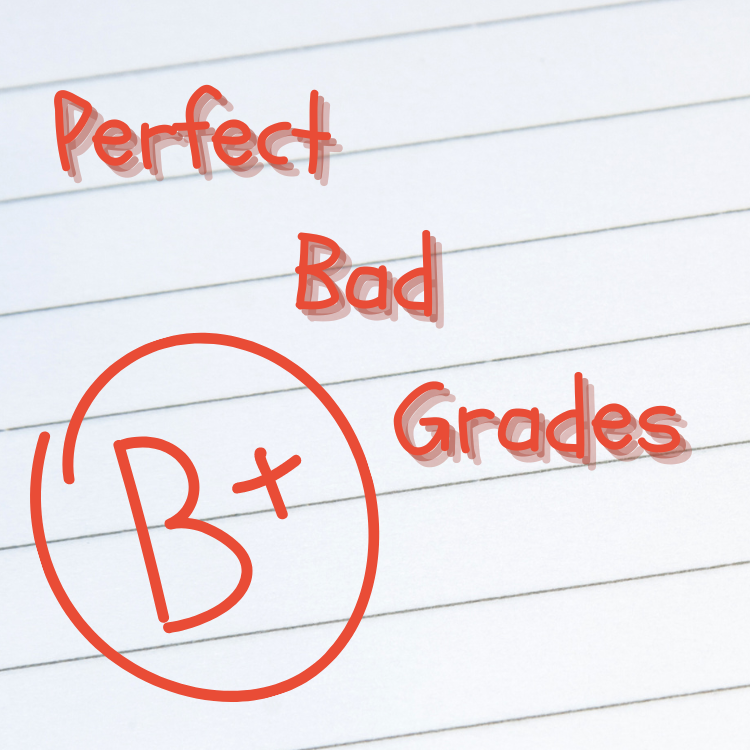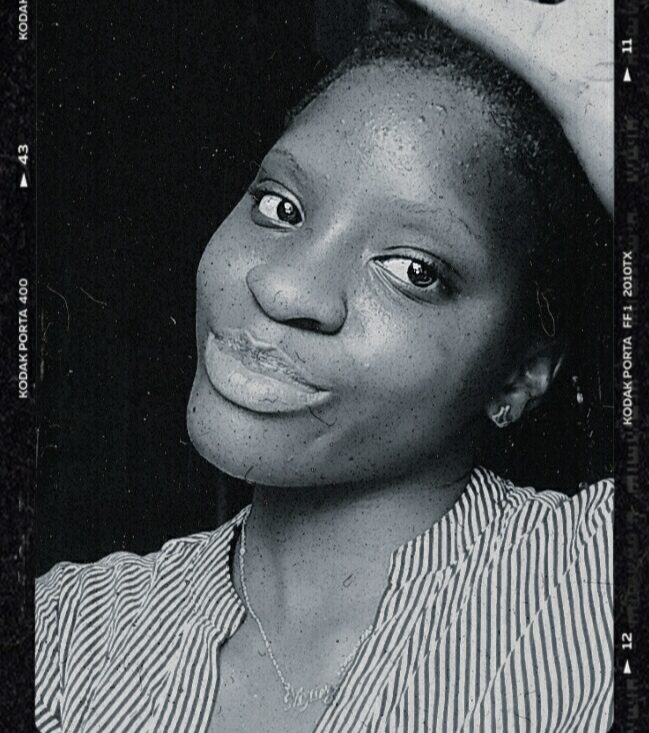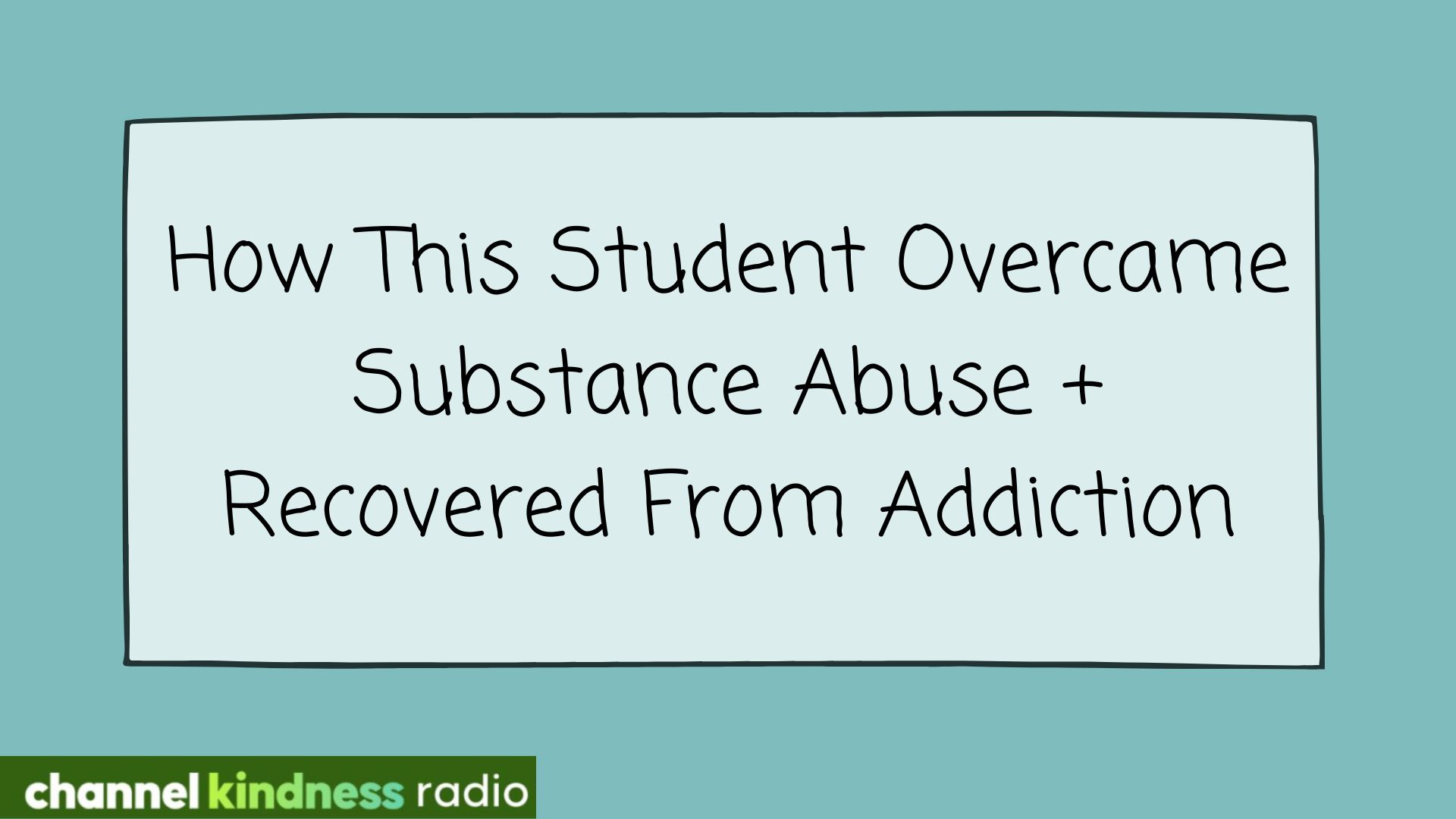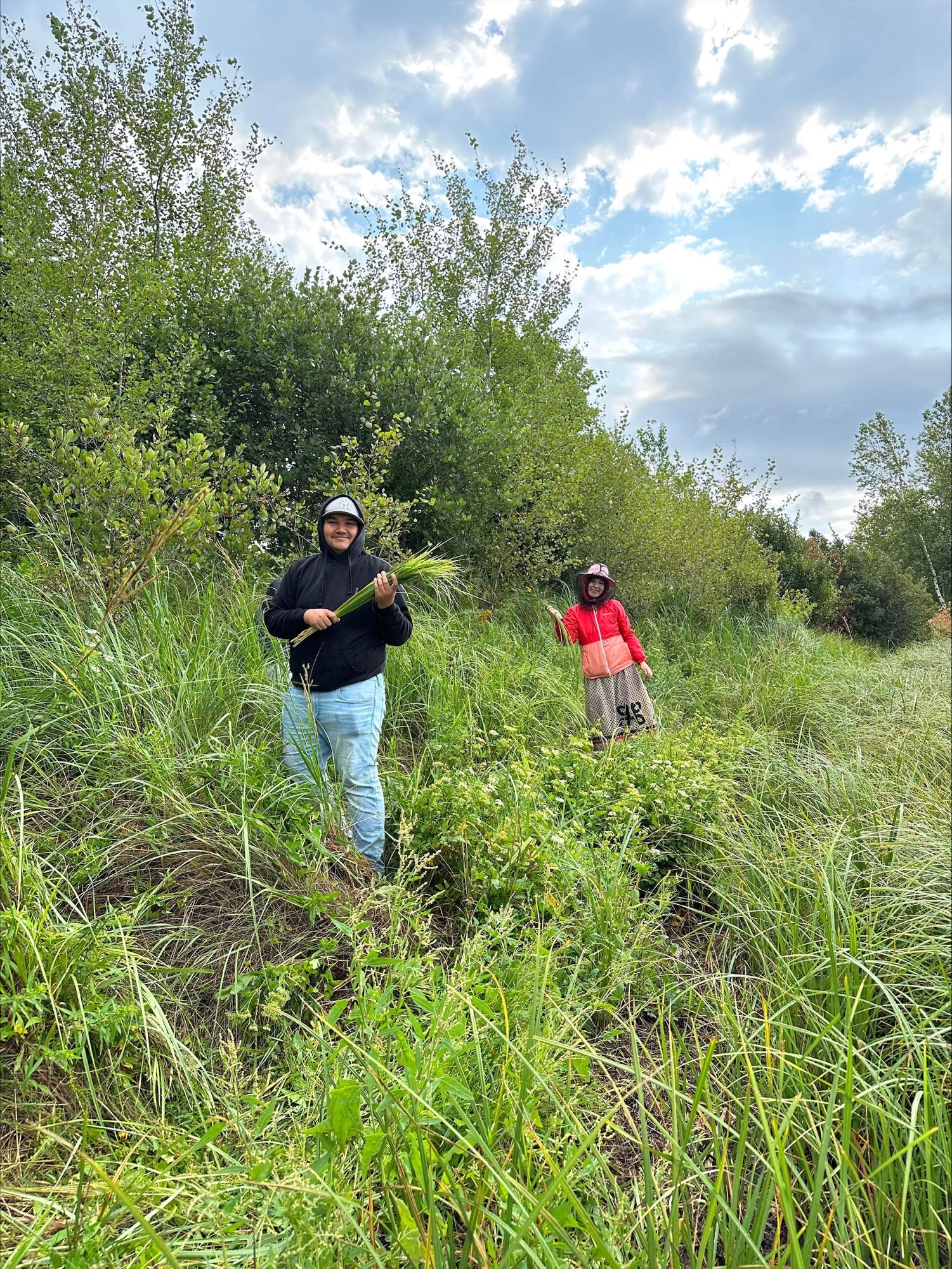*This story is part of Girls Write Now and Channel Kindness’ Kindness Collection. To learn more about Girls Write Now – a nonprofit organization dedicated to amplifying girls and gender-expansive voices – visit girlswritenow.org!
In which a smart girl battles her self-restraints and discovers her passion.
I was 8 when I received my first bad grade. Bringing home my report card was usually a painless event. My mother would open the official-looking manila envelope and praise me for the column of neat 4s and occasional 3s that would grace the page. That day, a 2 marred the sheet. While my mother did not verbally express any discontent, I understood disappointment. A 2 was below standards, a pass, a mere satisfactory. That night I fell asleep crying.
By 13, I made it my life’s goal not to be satisfactory. Instead, I would be perfect—the one with the best grades, the one with the neatest work, and the one who was always there to help others. In addition to the school’s grading system, I fashioned my own. A 90 and above was good. Anything that dipped below an 85 was the dreaded “satisfactory” and a 70 was unspeakable. In middle school, I achieved success: I became the smart girl.
At 14, I gained admission to one of the most prestigious schools in New York City. My parents were over the moon, and I was committed to continue my smart girl reputation at my new school. But by the end of the first month, I discovered my weakness: math. Geometry was a jumble of shapes and angles that constituted a meaningless fog. I was forced to acknowledge my second academic failure when our test scores were handed back. A 70, circled in bold red and accompanied by a myriad of question marks and Xs. My heart sank. That night, I decided studying geometry would be my next conquest. I would become the ultimate devotee to those symbols and letters. Yet, by the time the next test scores were handed out, my nightly study sessions yielded no positive results. A large red 70 was scrawled on the page. Around me, my friends gathered and compared their grades: 85s, 90s, 95s. The familiar feelings began to arise. I felt the bitter disappointment and the anger and suddenly, I saw the neat row of perfect scores, marred by a simple satisfactory mark. And suddenly, I was 8 again.
I strayed behind my group of friends and looked at the crumpled poster in my hand. In large letters, the poster advertised math tutoring every day after school. Tutoring was something that perfect, smart girls didn’t need. But now I was out of options. On my first visit, I nervously presented my test, folding the page so it covered my score, and inquired about the questions I got wrong. Through my weekly tutoring sessions, I came to see math like a foreign language. It was something that I could not achieve instantaneous fluency in, but seeing a little progress each week made learning it worthwhile. My next test scored an 85. It wasn’t perfect, but maybe I didn’t want perfection after all.
I handed my mother the manila envelope. Inside, the report boasted familiar numbers:a slew of 90s and 95s and a single 85: math. But unlike years past, it wasn’t guilt that bubbled up inside of me; it was pride. My past obsession with grades didn’t teach me to be a good student; rather, it taught me to look at numbers and disregard my own interests in the name of perfection. Perfection was an isle surrounded by fog and my pursuit of the unattainable had blinded me from truly seeing around me. So, I set out to explore the world beyond the traditional school subjects. Social science quickly became a favorite of mine. I wanted to know how the world worked. At school, I joined the philosophy club and re-immersed myself in reading. I fostered a particular interest in scientific analysis, social philosophy, and future studies.
At 15, I was able to pursue a major of my choice, which would dictate the course of my final two years of study and possibly, my future. My eyes stopped at Finance and towards the bottom of the page, Social Science Research. Choosing finance meant confronting an old obstacle but gaining skills that would benefit my future. Social science beckoned my name and promised me a course that would fulfill my thirst for exploration. I knew what my head wanted. Finance was the safe option and would give me valuable insight to the world of economics and math. But sociology was everything to me—a daring other that I would truly thrive in. Social science had become an escape from the restraints of the classroom. It was my passion, a niche that inspired me and pushed me out of my comfort zone.
There is a difference between a want and need. I wanted perfection and attempted to manifest it through my grades. But I needed to find myself. That day, I chose sociology and finally found a path to my own personal imperfection.
Process
This piece was inspired by the workshop titled ‘Turning Epiphanies Into Essays.’ The workshop, originally meant for mentees to formulate a college essay and a mini personal statement, pushed me to create a piece documenting my epiphany—a struggle between my personal goals and academic validation. Throughout the creation of my essay, I had two goals in mind. Firstly, I wanted to allow the reader into my world of perceived perfectionism and second, redefining a concept that had held me captive for so long. This piece helped me truly conceptualize my realization: perfectionism is unattainable.

















